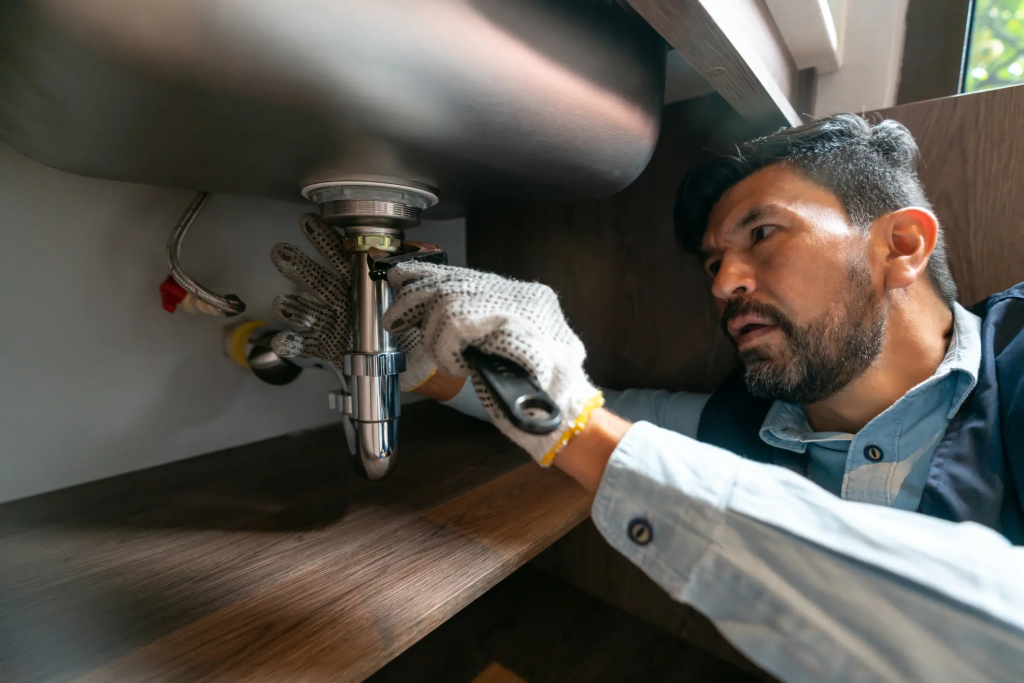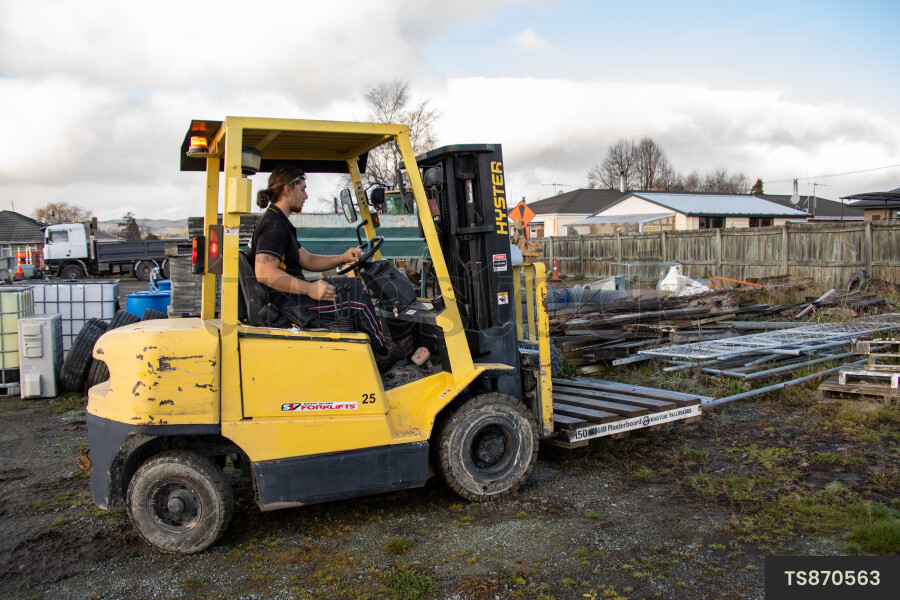When a pipe bursts or a water heater fails, one profession stands between chaos and comfort — the plumber. Plumbing might not be glamorous, but it’s one of the most essential and best-paying skilled trades in America. Every home, business, and public building depends on reliable plumbing systems — and on the skilled hands that install and maintain them.
If you’re looking for a stable, respected, and high-demand career that doesn’t require a college degree, plumbing may be the perfect path. Let’s explore what plumbers do, how to enter the trade, what a career path looks like, and why this profession continues to thrive across the U.S.

Why Plumbing Matters More Than People Realize
Plumbing is the invisible system that keeps modern life running smoothly — delivering clean water, removing waste, and ensuring safety and hygiene in homes and cities. Without plumbers, hospitals couldn’t function, businesses couldn’t operate, and homes would quickly become unlivable.
According to the U.S. Bureau of Labor Statistics, employment for plumbers, pipefitters, and steamfitters is expected to grow steadily through the next decade, with tens of thousands of new openings every year. This growing demand is driven by new construction, aging infrastructure, and the need to replace retiring workers.
Unlike many other industries, plumbing can’t be automated or outsourced — meaning plumbers enjoy strong job security and reliable income no matter the economy.
What Does a Plumber Actually Do?
Plumbers install, repair, and maintain systems that move water, gas, and waste through buildings. A typical day might involve:
- Installing new water lines, sinks, and toilets in a new home.
- Diagnosing leaks, clogs, or pressure issues in existing systems.
- Repairing or replacing water heaters, pumps, or septic systems.
- Reading blueprints and complying with local safety codes.
- Testing systems for leaks or inefficiencies.
Plumbers work in a variety of settings — residential homes, commercial buildings, factories, and even power plants. Some specialize in pipefitting or steam systems, while others focus on green plumbing solutions, such as energy-efficient water systems.
How to Become a Plumber: Step-by-Step
One of the best parts about plumbing is that you can start earning while you learn. Here’s how to begin your journey:
- Earn a High School Diploma or GED
Plumbing requires basic math, physics, and problem-solving skills. Classes in geometry, algebra, and technical drawing can be especially helpful. - Find an Apprenticeship or Trade School
Most plumbers start through an apprenticeship program, typically lasting 4 to 5 years. These programs combine classroom instruction with paid on-the-job training under licensed professionals.
Alternatively, you can attend a technical school that offers pre-apprenticeship courses in plumbing systems, pipe layout, and safety standards. - Get Licensed
Most U.S. states require plumbers to be licensed. You’ll need to pass an exam covering building codes, installation practices, and safety regulations. - Continue Education and Certification
Advanced certifications (e.g., for medical gas piping or backflow prevention) can open doors to higher-paying and more specialized work.
Career Path: From Apprentice to Master Plumber
A plumbing career offers clear, structured advancement — with each level bringing more experience, responsibility, and income.
- Apprentice Plumber (0–4 years)
- Role: Learn from experienced plumbers, handle basic installations and repairs.
- Pay: $18–$25/hour.
- Goal: Build technical knowledge, tool skills, and code understanding.
- Journeyman Plumber (4–8 years)
- Role: Licensed to work independently; install full systems and manage small projects.
- Pay: $25–$40/hour, or around $60,000–$80,000 annually.
- Goal: Gain experience across residential, commercial, and industrial systems.
- Master Plumber (8+ years)
- Role: Supervise large projects, design plumbing systems, and train apprentices. Can also start their own business.
- Pay: $90,000–$150,000+ per year, depending on location and workload.
- Goal: Achieve full professional independence and possibly become a licensed contractor.
Many master plumbers eventually open their own companies, manage teams, or move into inspection, teaching, or consulting roles.
Skills Every Great Plumber Needs
Beyond technical ability, successful plumbers share several key traits:
- Problem-solving: Every job is different; creative solutions are often needed.
- Physical stamina: Plumbing requires lifting, bending, and working in tight spaces.
- Attention to detail: Mistakes can cause leaks, flooding, or costly damage.
- Customer service: Especially for residential plumbers, communication builds trust and referrals.
- Safety awareness: Understanding tools, chemicals, and confined spaces is vital.
Plumbers also need to stay updated on building codes and technology, such as smart home systems or energy-efficient fixtures.
Earnings and Job Outlook
Plumbers earn solid, consistent incomes — and the potential for growth is significant. The median annual salary for plumbers in the U.S. is around $60,000, according to national data, but experienced or self-employed plumbers can easily make $100,000 or more.
High-paying regions include California, Illinois, New York, and Massachusetts, where both demand and cost of living are higher.
Because plumbing is a licensed trade, qualified professionals often face little competition, ensuring steady work year-round — even during economic downturns.
Why Plumbing Is a Career Worth Considering
In an era where many jobs can be replaced by technology, plumbing remains a trade built on human skill and trust. It combines practical problem-solving with financial independence and offers a clear path from worker to business owner.
For those who prefer hands-on work, value job security, and take pride in helping others, plumbing isn’t just a job — it’s a lifelong profession with purpose.
Whether you’re fixing a small leak or installing a complex system, you’re doing more than maintaining pipes — you’re keeping homes safe, clean, and functional.

Final Thoughts: Your Future Flows from Here
Every great plumber started with a wrench and a willingness to learn. From apprenticeships to running your own business, this trade offers steady work, excellent pay, and long-term growth.
So if you’re ready to trade desk work for something hands-on, meaningful, and recession-proof — plumbing could be your path to a solid, fulfilling future.
Because in plumbing, every drop counts — and so does every plumber. 🚰🔧



